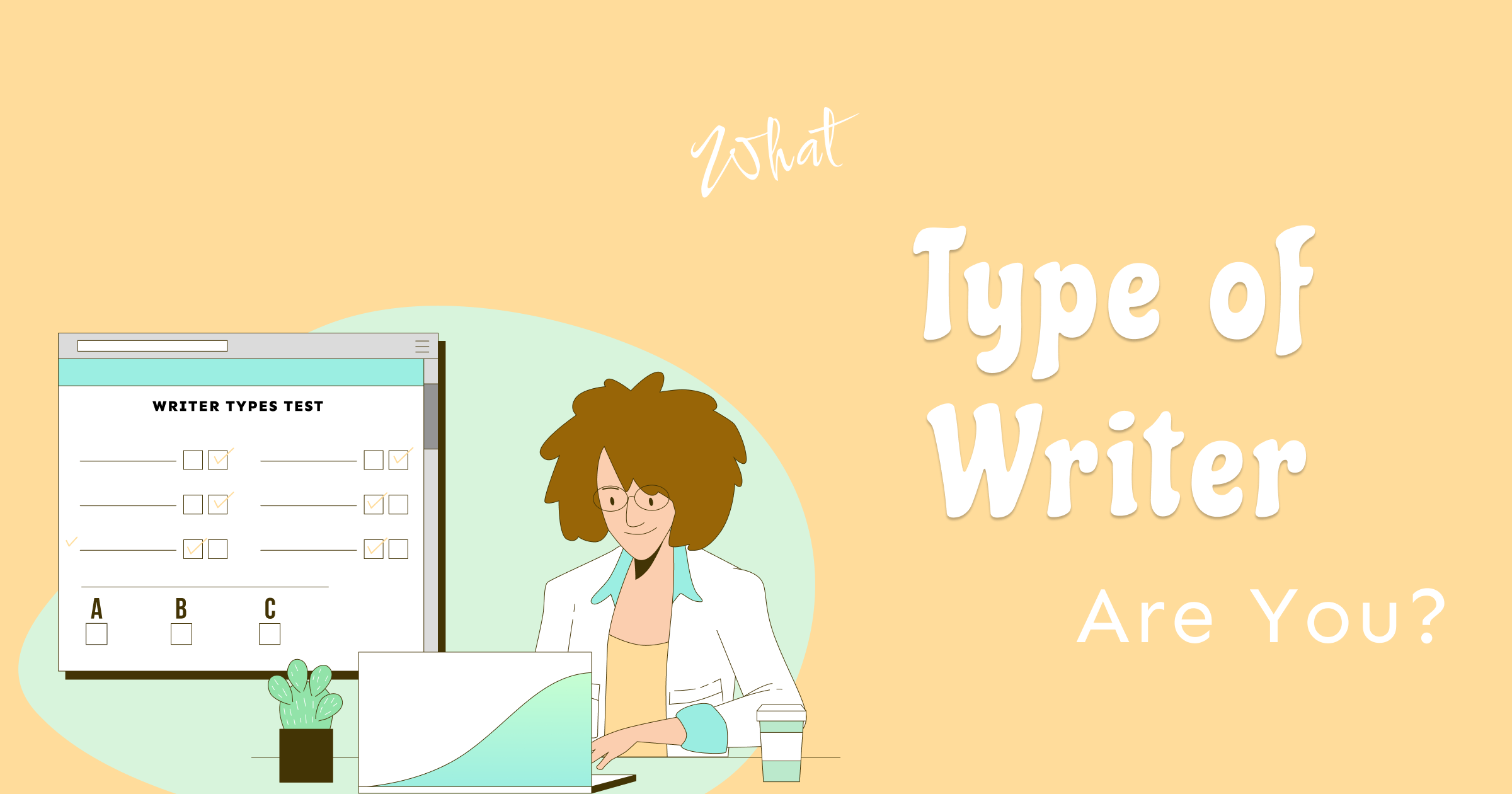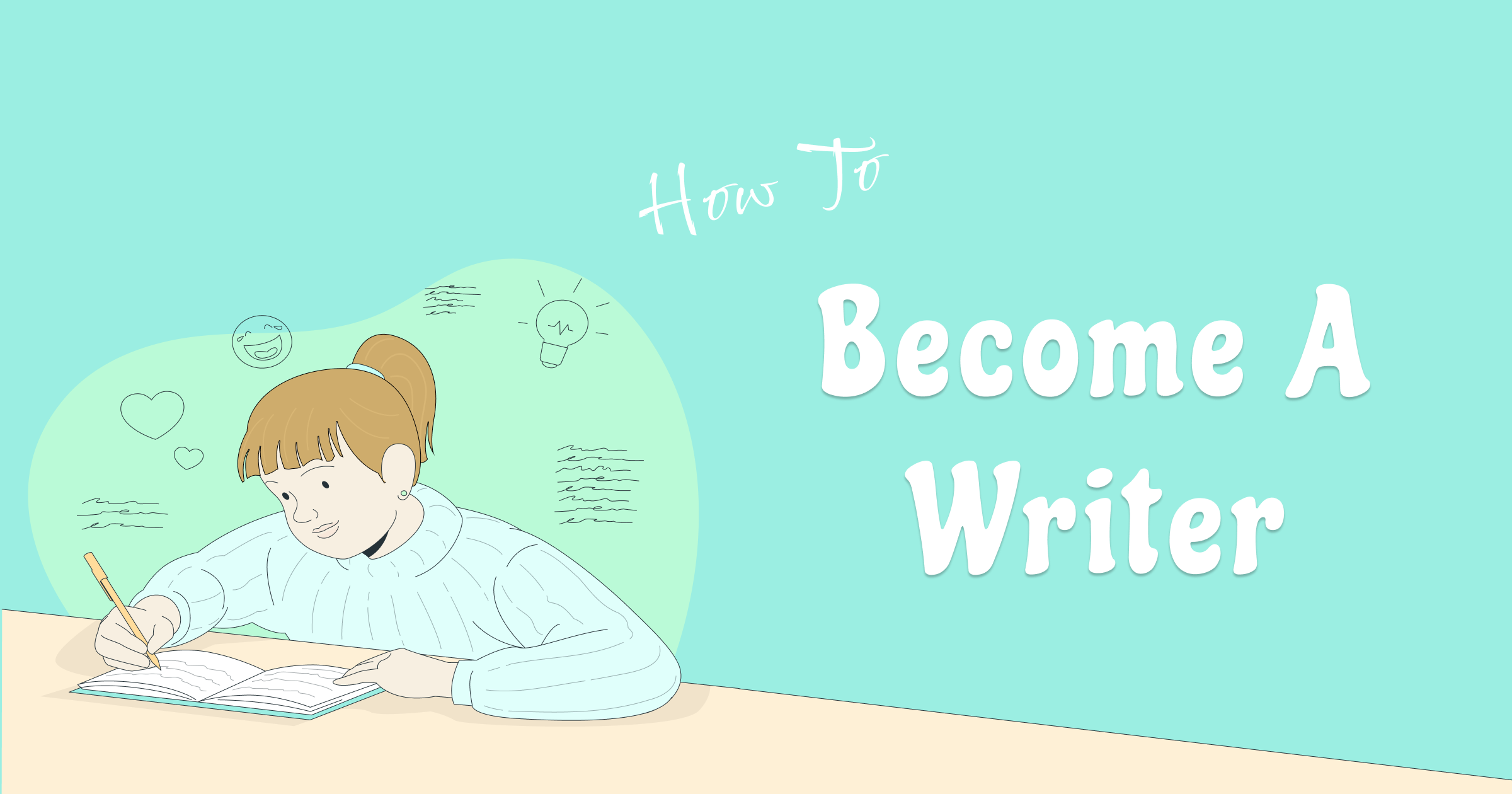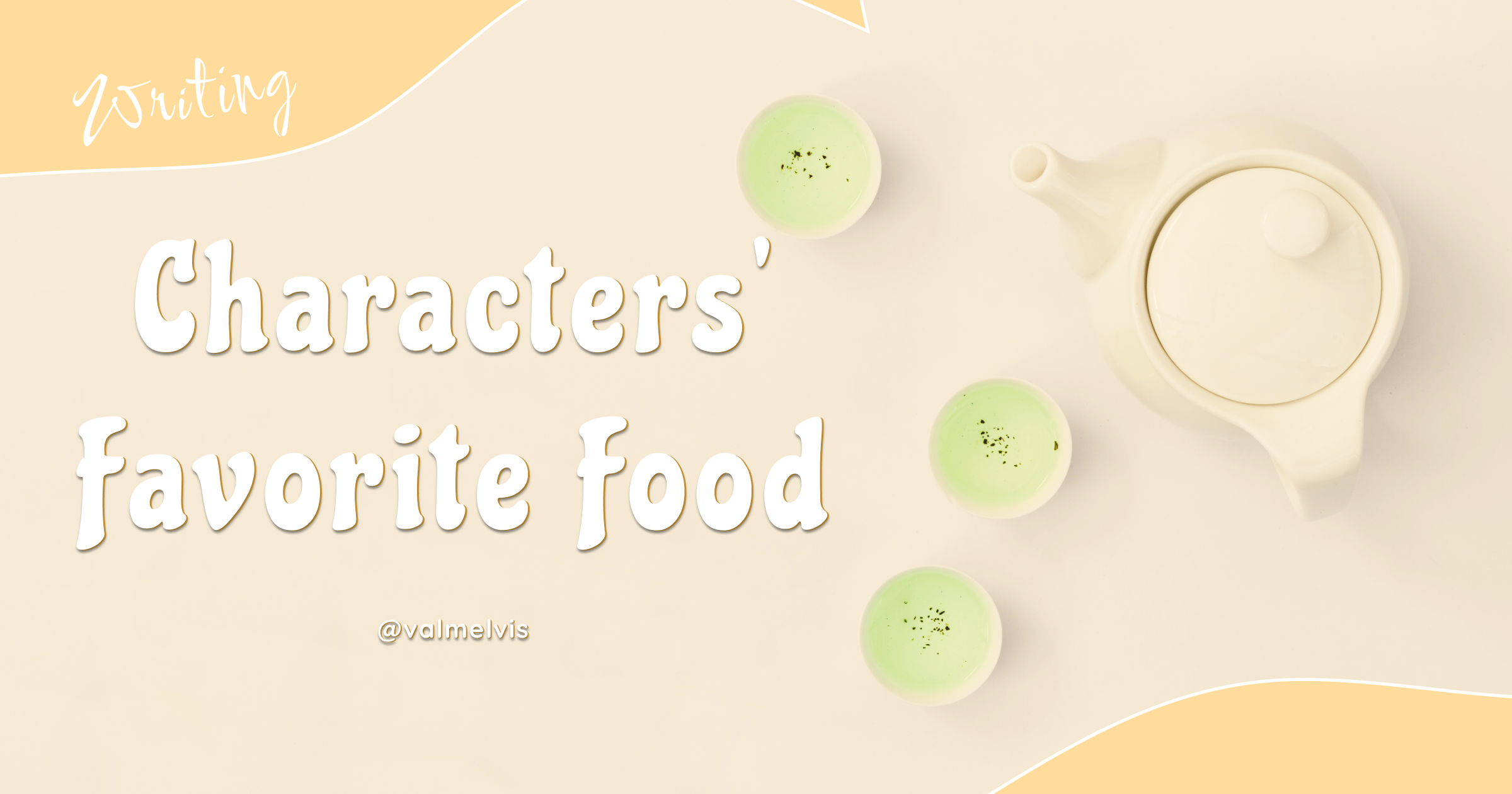There are so many different types of writers in the world. I am here to help you find out a little more about yourself and what type of writer you are. Do you like typing away with your toes warming at the beach or do you prefer to write in the comfort of your writing desk, a scented candle burning nearby?
Whatever the answer, learning more about how you prefer to write can help in the long term.
Plotter VS Panster VS Planster
For you to write your story, you’ll have to start somewhere. But finding out how you are going to start could make a huge difference. Allow me to walk you through the main three types of writers:
📋Plotter
Plotters – like their name suggest – enjoy plotting all the details of their stories before they get started on writing. That usually means having a detailed outline, chapter breakdowns, character sheets and scene cards ready before the first draft ever comes around. Those writers usually know the ending of their stories or how they would continue in sequels.
Pros
- Coherent flow of the story
- Less likely to have plot holes
- Allows for foreshadowing
Cons
- Stifled creative freedom
- Can take away from the fun of writing
👖Panster
Pansters write by the seam of their pants; that means that it is usually whatever strikes their fancy. They are explorative writers that enjoy watching a story unfold before them, while they themselves might not know all the details yet. While often given a bad rep for being lazy, these writers are also creative and can come up with new ideas in the blink of an eye.
Pros
- Creative freedom while writing
- Less likely to suffer from writer’s block
- More adaptable to changes in content
Cons
- More likely to use focus of plot and character goals
- Writing can depend on motivation rather than discipline
📃Planster
Now, plansters are the Hannah Montana of types of writers. That means that they can get the best of both plotter and panster and combine it into an awesome hybrid. They can have a detailed story outline but choose to work with scenes rather than strict chapter breakdowns. This leaves room for explorative writing while keeping an eye on the main themes and plot. Of course, not all plansters are 50/50, so each writer will be different from the next.
Pros
- Overview of plot and character goals
- Sufficient creative adaptability
- Ability to plan more or less depending on the content
Cons
- Can be indecisive sometimes
- Will do a panster thing and the plotter part will regret it later or vice versa
Environmental writers
The next few categories are some that popped into my mind and are by no means the only types of writers. They are, however, mutually exclusive with what type of planning writer you are.
🍂Seasonal writer
The sun is shining, the birds are chirping and you can feel the grass beneath your toes already. And even though you might be in love with your current book idea, every time you try to sit down and write even a single sentence you feel like you should be out instead, adventuring and exploring.
Many writers are seasonal writers, which means that they write better at specific times of the year than others. For some, that means that they write 10 months a year but take a breather during the summer month. Others might feel that the winters are too dark and gloomy to write and opt for the opposite.
Personally, I believe working with what type of writer you are can lead to long-term better results and reduce the chances of writer’s block.
🌅Morning vs 🌇Evening Writer
Even though I am a morning person, I can not write anything creative during sun hours. Blog articles and documentation are fine but anything for my Christian fantasy novels has to wait till sunset.
For me, part of the reason is that my household goes to sleep then, which leaves me plenty of time to work on creative projects uninterrupted.
If you’d like to find out if you are a morning or evening writer, I suggest trying to write at the same time for one week every day (take a rest day of course). For morning sessions, set your alarm to 1 hour before you are needed for the day, and for evening sessions 2 hours before bedtime.
That way you can find more of a reliable result with which writing time suits you better.
🏠Indoor vs 🌲Outdoor Writer
For the next one, I was surprised at how many people enjoy writing outdoors. I can definitely see the appeal of writing on a cosy picnic blanket, nature all around you as you happily type away. However, I grew up in an environment which easily had 35 degrees weather and I would have been fried in the sun an hour or two into any writing session.
But in some cases, people simply want to get out of the house sometimes or genuinely write better when they are out in nature, enjoying creation.
Don’t get me wrong, I do love a good outdoor plotting or brainstorming session, but personally, I prefer to conduct any actual writing at my actual writing desk.
🖥️At home vs 🧋cafe writer
This one ties right in with the one above it. If you have the option to have a designated area in your house and you have a supportive environment, then I advise trying to write from home at least a few times a month. Not only is it more budget-friendly but you teach yourself certain writing discipline that might not come with outside distractions.
Alternatively, writing in your local library or coffee shop can help you come up with ideas and help you get inspired for more stories. You also get to interact with more people that way, which is great for lone working writers.
In my opinion, there is no type of writer that is better than another. Learning what planning style and environment works best for you can help you greatly improve your writing and overall make you enjoy writing again.
Thank you so much for reading and let me know what type of writer you were in the comments below! Have a wonder-filled day!💛


